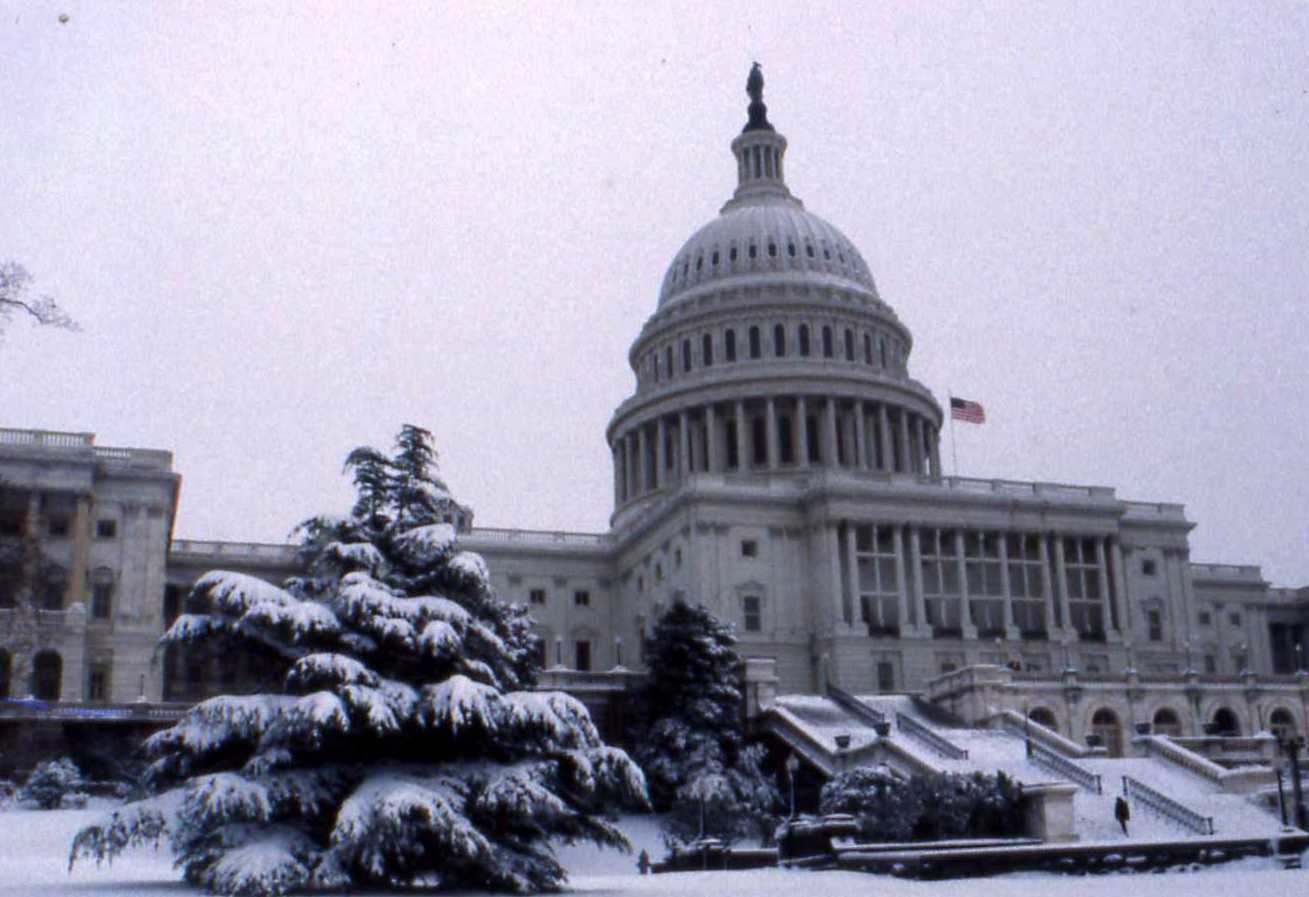After many months of bitter stalemate, Congress has finally enacted a deal on a combined $900 billion coronavirus relief measure and a $1.4 trillion must-pass spending bill that will fund federal agencies and programs through September 30, the end of the fiscal year. The spending package ultimately passed both chambers with overwhelming bipartisan majorities: 359-53 in the House and 91-7 in the Senate. The President is expected to sign the bill into law.
After days of tense partisan negotiations, Congressional leaders made headway in the deal that essentially eliminated liability protections for business and financial aid for state and local governments. However, the measure does include stimulus checks for individuals, albeit at half the amount than the previous payment offered through the CARE’s Act – $600 per adult and $600 per child. It also includes $300 per week in unemployment benefits. The deal includes $300 billion in small business aid including Paycheck Protection Program loans, and $30 billion for Covid-19 vaccine purchase and distribution, and about $22 billion to help states with testing, tracing and Covid-19 mitigation programs. The relief plan also has $45 billion for transportation, including $14 billion for transit, $82 billion for schools and colleges and would expand Pell Grants, $25 billion into rental assistance and extends a federal eviction moratorium, and it would put $13 billion into enhanced Supplemental Nutrition Assistance Program benefits.
Meanwhile, a number of significant energy and environmental provisions will hitch a ride on the year-end agreement. Negotiators reached agreement on an energy package that would authorize approximately $35 billion of technologies, including energy storage, advanced nuclear power and direct air carbon capture. Congress extended a host of clean energy tax incentives including tax credits for wind and solar projects. The deal would delay the phaseout schedule for the renewable and investment tax credits, with the PTC extended for one year and the ITC extended for two. It phases down the use of HFCs, a potent class of greenhouse gases used in air conditioners and refrigerators. The package includes nearly $35.2 billion in research and development spending authorizations over the next ten years. Also included is a two-year extension of a credit for carbon capture and sequestration projects.
EPA gets a modest two percent funding increase, bringing its budget to $9.24 billion. The largest chunk of the $180 million budget boost would go to the agency’s popular grant and loan programs. The measure increases funding to the State and Tribal Assistance Grants program by $68 million, for a total budget of $4.31 billion and includes a $5 million boost to the Water Infrastructure Finance Innovation Act program, although it would keep funding for the popular Clean Water and Drinking Water State Revolving Funds level at $2.77 billion.
The omnibus includes $75.4 billion in discretionary funding for DOT. The FAA would get $18 billion, $347 million above the 2020 level. Federal Highway Administration would get $49 billion. FRA would get $2.8 billion, including a $50 million boost for CRISI rail grants to $375 million. Amtrak would get $2 billion, the same as last year, including $700 million for the Northeast Corridor and $1.3 billion for the national network. The Federal-State Partnership for State of Good Repair, a railroad maintenance program targeted for elimination by the president’s budget, would get $200 million. FTA would get $13 billion, including $2 billion for Capital Investment Grants and $516 million for Transit Infrastructure Grants, which includes $125 million for low- and no-emission buses.
A summary of COVID-19 relief provisions is available here, and a summary of the provisions in the bill unrelated to COVID-19 relief or government funding is available here.
